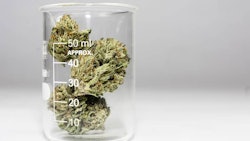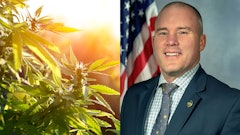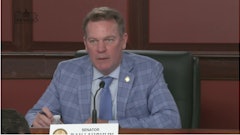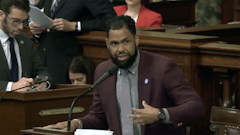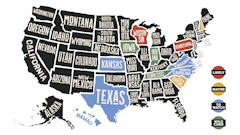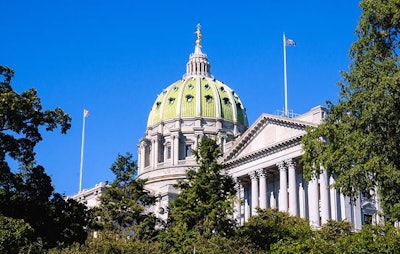
Pennsylvania Gov. Tom Wolf called for adult-use cannabis legalization in his 2021 agenda, which was released Jan. 28, according to a local CBS 21 News report.
Legalization is part of Wolf’s economic recovery efforts as the state continues to battle the ongoing COVID-19 pandemic, the news outlet reported.
“The revenue generated from legalization will be used to support historically disadvantaged small businesses through grant funding and provide them the assistance they need to build back from the economic crisis and strengthen our economy,” Wolf said. “Additionally, a portion of the revenue will support restorative justice programs to help the individuals and communities that have been adversely harmed by the criminalization of marijuana.”
This is not the first time that Wolf has called for adult-use legalization to combat the economic fallout of the pandemic; the Democratic governor made a similar proposal last summer, which was met with mixed reactions from industry insiders.
Wolf will make his annual Budget Address Feb. 2, CBS 21 News reported.








